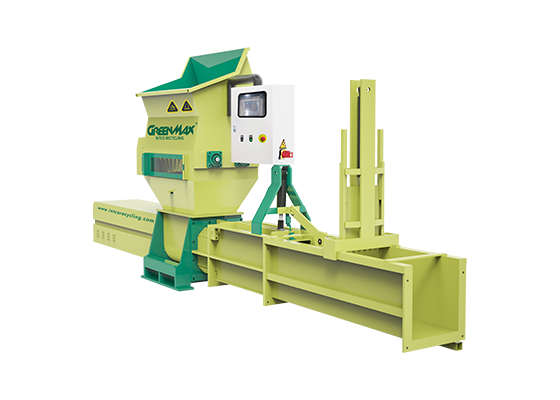Leveraging advanced recycling technologies such as polystyrene compactor appears to be more effective than imposing a ban
From last year, California, the most populous state in the United States and the fifth-largest economy in the world, will essentially outlaw the use of the majority of expanded plastic foam food containers. Environmentalists hailed this as a significant step in the fight against plastic waste. According to Anja Brandon, head of plastics policy at the environmental group Ocean Conservancy, "we found that this could eliminate up to 3.9 billion pieces of foam ware every single year," she told Newsweek.

The reason why expanded polystyrene has become a controversial raw material is because if this material is not recycled properly, it will become a serious pollutant. However, there is no solution. Expanded polystyrene is a 100% recyclable material. The reason why it caused environmental pollution is that people lacked recycling technology and recycling awareness in the early years. Nowadays, people's awareness of waste recycling is constantly increasing, and the technology for recycling expanded polystyrene is also increasing day by day.GREENMAX provides a variety of equipment for recycling expanded polystyrene, which is supported by cutting-edge recycling technology. GREENMAX polystyrene compactor uses crushing, screw extrusion, and other technologies to compress loose waste into tight blocks with a compression ratio of 50:1. It is a recycling equipment with a high compression ratio and is very popular among people in the industry.

We cannot be satisfied that expanded polystyrene can be recycled. Relevant departments have reported that some areas are actively recycling expanded polystyrene, but the overall recycling rate is not high and there is no upward trend. This is also inconsistent with environmental protection standards. It is recommended to choose a more professional polystyrene compactor and develop a detailed regional recycling plan, so that recycling can be carried out in a more orderly manner. Good use of recycling technology is far more reliable than bans
.png)
